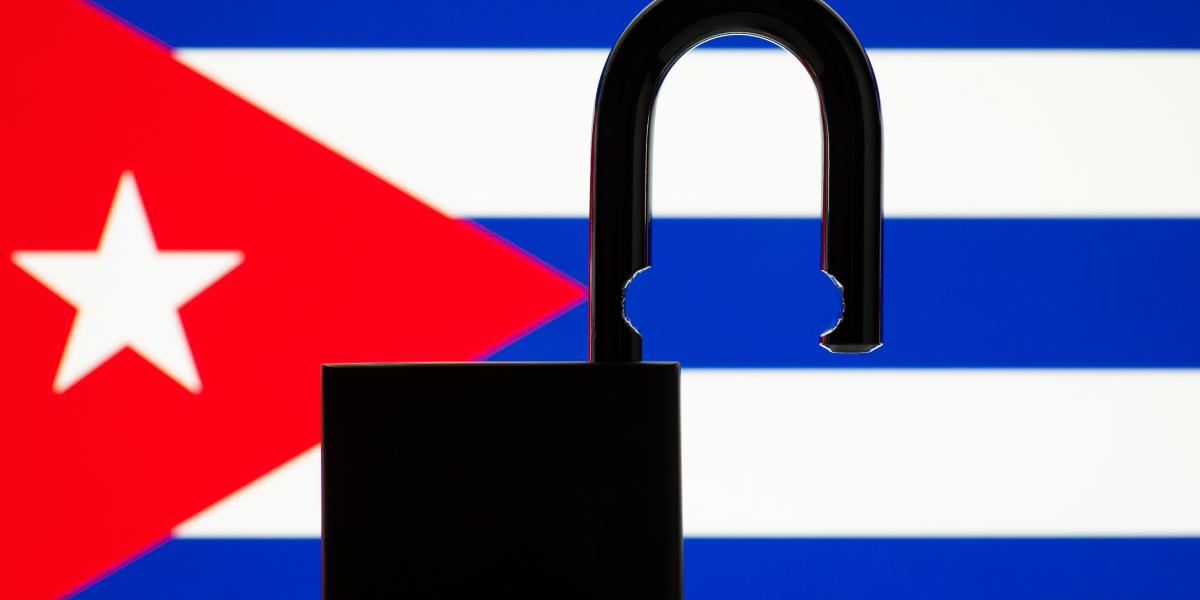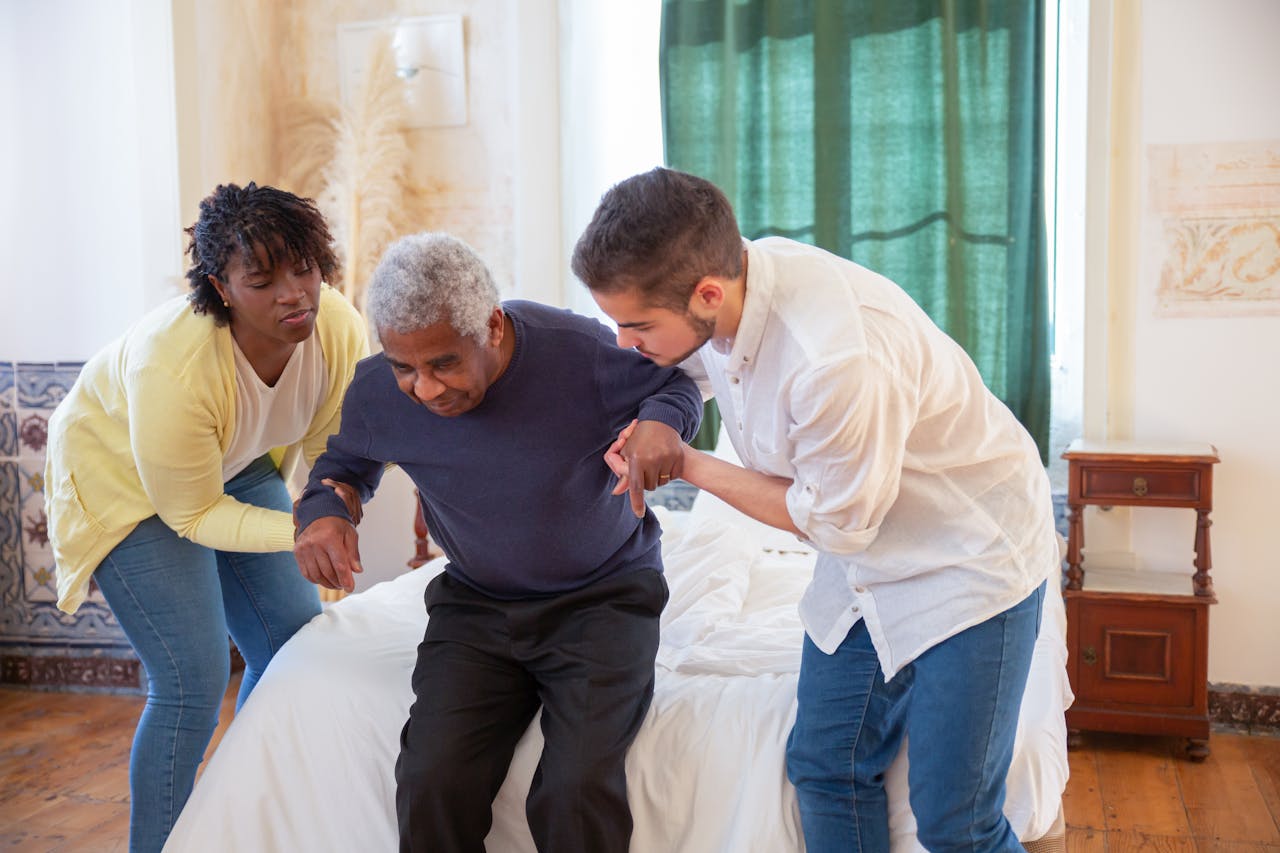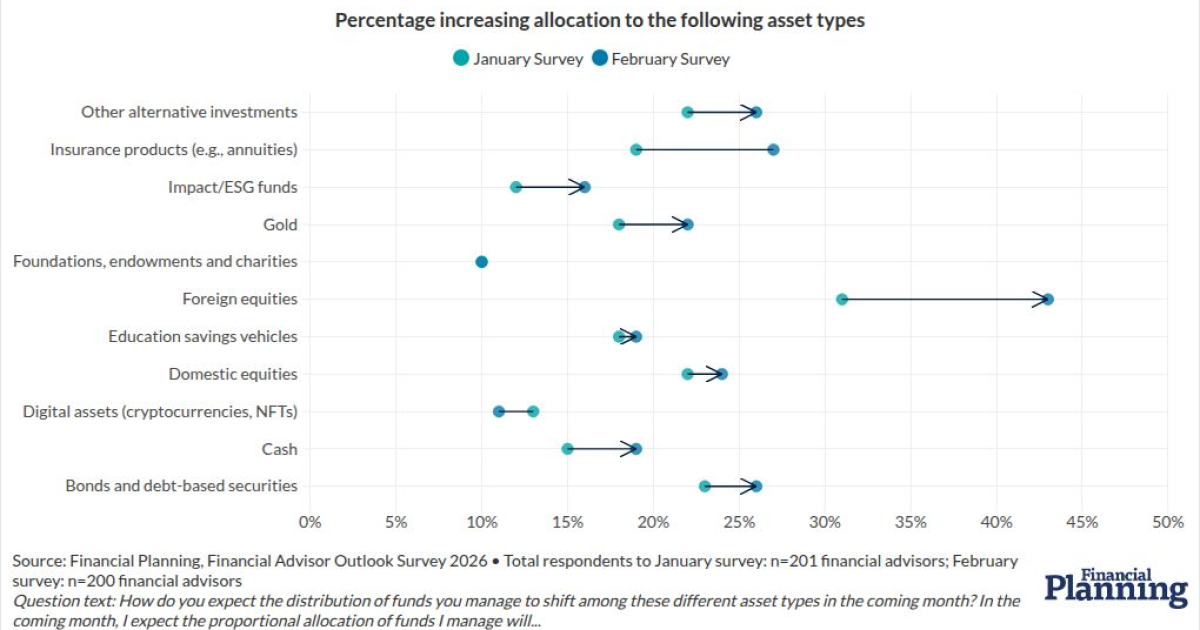Shortly after reassuming office, the Trump administration started to work on finding new ways to intensify the US blockade against Cuba’s socialist regime. Specific measures included keeping Cuba on the US list of State Sponsors of Terrorism (SST), moving detained immigrants to the US Naval base at Guantanamo Bay, and imposing “visa restrictions on several Central American government officials and their family members” for their involvement in bringing Cuban medical personnel to their countries—a practice which the US deems “forced labor and the exploitation of Cuban workers.” More recently, on July 11, Secretary of State, Marco Rubio, announced that the US would be “updating the Cuba Restricted List and the Cuba Prohibited Accommodations List to include 11 regime-linked properties, including the new 42-story ‘Torre K’ hotel, to prevent U.S. funds from reaching the island’s corrupt repressors.” That same day, it was also announced that US visas for Cuban President Miguel Díaz-Canel and other officials were being restricted for human rights violations. According to Rubio, all of these measures have been taken “to stand for the human rights and fundamental freedoms of the people of Cuba, and make clear no illegitimate, dictatorial regimes are welcome” in the US.
Travel restrictions and bans imposed by the American government are not limited to Cuban or other international officials intending to travel to the US, as they are also applied to American citizens that are interested in visiting Cuba. That is to say, US citizens are not only “prohibited from doing business or investing in Cuba unless authorized” by the Office of Foreign Assets Control (OFAC), they are also not permitted to travel to or from Cuba without authorization “by a general or specific license issued” by OFAC. When it comes to Cuba, OFAC states that “travel for tourist activities is not permitted for American citizens,” despite the fact that they are welcomed by the Cuban government.
The ban on American citizens traveling to Cuba was originally imposed in 1961, towards the end of the Eisenhower administration. Shortly thereafter, in 1963, Attorney General Robert F. Kennedy actually wanted to lift it. According to declassified documents from the National Security Archive, Kennedy argued that this travel ban constituted a violation of American freedoms, stating that the freedom to travel “is more consistent with our views as a free society and would contrast with such things as the Berlin Wall and Communist controls on such travel.” Subsequently, the travel ban was lifted in 1977 in an effort to normalize relations with Cuba during the presidency of Jimmy Carter. However, travel restrictions were re-imposed in 1982, during the Reagan administration, before being strengthened by the Bush administration in order to harm the Cuban tourism industry. In 2004, the Commission for Assistance to a Free Cuba, which was established by President George W. Bush on October 10, 2003, decided on:
Limiting family visits to Cuba to one trip every three years under a specific license to visit immediate family (grandparents, grandchildren, parents, siblings, spouses, and children) (new arrivals from Cuba would be eligible to apply for a license 3 years after leaving Cuba); and reducing the authorized per diem amount for a family visit (the authorized amount allowed for food and lodging expenses for travel in Cuba) from $164 per day to $50 per.
In 2003, OFAC took action by identifying any “Cuban online travel agency targeting American tourists.” Even though these travel agencies were “located in Argentina, the Bahamas, Canada, Chile, the Netherlands, and England,” OFAC deemed it illegal for them to offer their services to American citizens. According to the US Department of the Treasury, by advertising and selling Cuban holidays to American citizens, the travel companies of these countries “provide easy access to Cuba to those US individuals who choose to break the law.” While the objective these OFAC actions is to “choke off dollars streaming to the Castro regime,” the Bush administration claimed that the goal of restricting American citizens from purchasing Cuban Holiday packages from international companies was “to strengthen enforcement of U.S. laws prohibiting transactions related to travel to Cuba and to hasten the arrival of a new, free, democratic Cuba.”
During the Obama presidency, some of the travel restrictions against Cuba were lifted, including those imposed by President Bush on academic exchanges. However, travel restrictions were strengthened once again during Trump’s first term in office. Subsequently, the Biden administration followed in the footsteps of Trump by not permitting Americans to “travel for tourist activities“ to Cuba. However, it did allow Americans “to travel to Cuba for purposes of attending or organizing professional meetings or conferences.” It also “authorized academic educational activities.” Since the Biden administration, Americans “volunteering with a recognized non-governmental organization” can travel to Cuba if the,
…ensure that their activities promote independent activity intended to strengthen civil society in Cuba and that they engage in a full-time schedule of activities that enhance contact with the Cuban people, support civil society in Cuba, or promote the Cuban people’s independence from Cuban authorities.
Americans that travel to Cuba as tourists without authorization face fines and punishments from their own government. In fact, the violation of “all travel-related transactions” can result in “a civil penalty proceeding.” More precisely, US citizens that violate the restrictions set out by the American embargo are severely punished, as “criminal penalties for violation of these sanctions range up to 10 years in prison, $1 million in corporate fines and $250,000 in individual fines. Civil penalties of up to $55,000 per violation may also be imposed.”
Meanwhile, authorized American travelers do not have freedom of action and movement while in Cuba. For instance, OFAC requires authorized American travelers to be “accompanied by an employee, paid consultant, or agent” from a recognized non-governmental organization upon their arrival to Cuba. Additionally, an American journalist that has been authorized to travel to Cuba is not allowed to have “free time or recreation in excess of that consistent with a full-time schedule of professional research or a full-time schedule of attendance at, or organization of, professional meetings or conferences, respectively.” On September 23, 2020, the OFAC stated:
An individual traveling pursuant to the authorization for journalistic activities could engage in three full days of interviews with local residents, followed by one full day of follow-up investigative research at local institutions.
Furthermore, OFAC does not allow authorized American travelers to lodge, pay for lodging, or make “any reservation for or on behalf of a third party to lodge, at any property in Cuba on the Cuba Prohibited Accommodations List.” The long list includes almost all businesses operating in Cuba. Additionally, a Cuban American who obtains an “authorized family visit” is “prohibited from engaging in direct financial transactions with the entities and sub-entities on the State Department’s Cuba Restricted List. As such, this traveler would not be authorized to book a hotel room directly with a hotel included on the Cuba Restricted List.”
During the time that authorized American travelers spend in Cuba, most “financial and material donations to Cuba or Cuban nationals are not authorized.” To be more precise, since November 26, 2020, OFAC does not authorize remittances from an American to persons in Cuba or any family member “involving any entity or sub-entity identified on the State Department’s Cuba Restricted List.” That is to say, OFAC does not authorize remittances if the recipient is “a prohibited official of the Government of Cuba, a prohibited member of the Cuban Communist Party, or a close relative of a prohibited official of the Government of Cuba or prohibited member of the Cuban Communist Party,” which has more than 700,000 members. To be more precise,
…the term prohibited officials of the Government of Cuba means Ministers and Vice-Ministers; members of the Council of State and the Council of Ministers; members and employees of the National Assembly of People’s Power; members of any provincial assembly; local sector chiefs of the Committees for the Defense of the Revolution; Director Generals and sub-Director Generals and higher of all Cuban ministries and state agencies; employees of the Ministry of the Interior (MININT); employees of the Ministry of Defense (MINFAR); secretaries and first secretaries of the Confederation of Labor of Cuba (CTC) and its component unions; chief editors, editors, and deputy editors of Cuban state-run media organizations and programs, including newspapers, television, and radio; and members and employees of the Supreme Court (Tribuno Supremo Nacional).
That means the prohibition of remittances practically applies to a large portion of the Cuban population, which stands at around 11 million people.
Since September 24, 2020, authorized American travelers are not allowed to bring “Cuban-origin alcohol or tobacco products” into the United States, regardless of whether it is intended for personal use or to be given as a gift. Interestingly, Americans may buy “or acquire Cuban-origin merchandise, including alcohol and tobacco products, while in a third country for personal consumption outside the United States.” According to OFAC, the goal of forbidding authorized American travelers from bringing “Cuban-origin alcohol or tobacco product” into the US is to facilitate “a significant decrease in U.S. dollars going directly to the state-owned tobacco and alcohol industry.”
In 2020, a concerted effort to reduce the quantity of foreign currencies in Cuba led to a total of 407 Western Union offices being closed across the island, which basically stopped Cubans in the US and other countries from sending remittances back home to their families who depend on them. However, starting in July 2023, Western Union resumed “its money transfer service between the U.S. and Cuba,” but only in cases where recipients were close relatives, such as “individual related to the sender by blood, marriage, or adoption who is no more than three generations removed from that person or from a common ancestor with that person.” Previously, in 2015, the Obama government authorized remittances to certain individuals and independent non-governmental organizations in Cuba, including,
…pro-democracy groups and civil society groups in Cuba, and to members of such groups or organizations, to support: humanitarian projects in or related to Cuba that are designed to directly benefit the Cuban people and to support the Cuban people through activities of recognized human rights organizations, independent organizations designed to promote a rapid, peaceful transition to democracy, and activities of individuals and non-governmental organizations that promote independent activity intended to strengthen civil society.
Meanwhile, on June 9, 2022, the Biden administration authorized travel-related monetary expenses, provided that they are intended to “support civil society in Cuba, or promote the Cuban people’s independence from Cuban authorities.” Such forms of financial support have commonly been at the heart of American interventionist policies around the world, which often employ illiberal measures in the name of installing liberal values and principles, facilitating democratic election processes, and overthrowing tyrannical rulers. Recently, Secretary of State Rubio was more open about the intentions of US foreign aid, stating that he supports it as long as “it exists for the purpose of advancing the national interest of the United States.”
In reality, the economic blockade and all of the other measures imposed against Cuba since the success of its Revolution in 1959 do not aim to establish the conditions of freedom, nor do they protect the human rights of Cubans or secure the interests of American citizens. To the contrary, they violate the rights and fundamental liberties of both Cubans and Americans. In fact, they do little more than serve as weapons to fight a unilateral war against Cuba’s socialist regime. Ultimately, freedom can be regarded as little more than a purely fictitious concept for Americans, given the strict travel bans and restrictions placed upon them by their own government when it comes to Cuba. Accordingly, lifting travel, trade, and economic restrictions against Cuba would be an important step to moving the US towards a genuinely free society, while also contributing to the continuation of free-market reforms in Cuba.



























